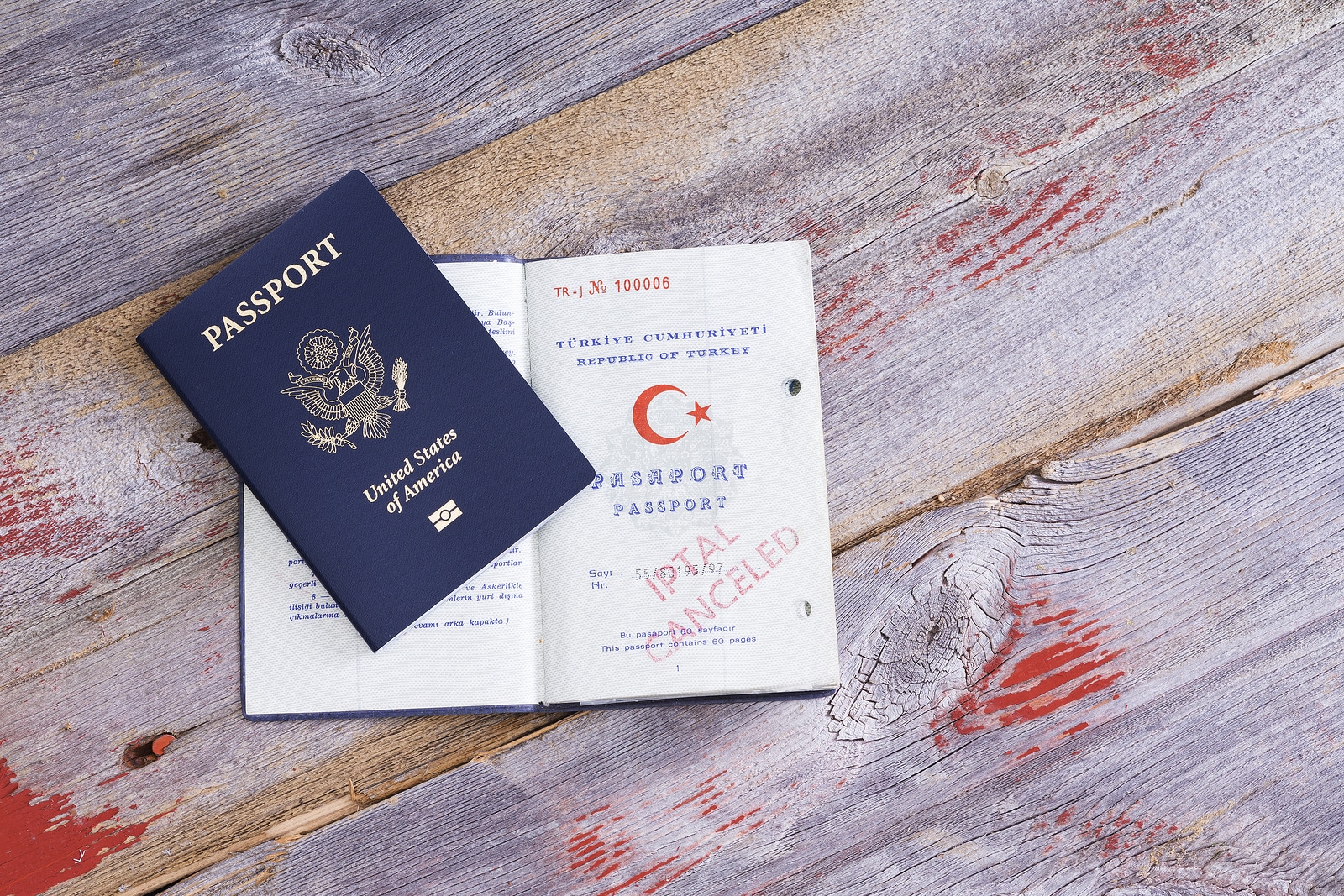The Australian immigration system is subject to regular legislative amendments and a number of changes came into effect on July 1st 2019. The beginning of the Australian financial year is when quotas are set by the government in regards to state sponsorship and skilled migration.

Increase in visa costs
As of July 1, most types of visas incurred a fee increase of 5.4 percent. For General Skilled Migration visas (including 189, 190 and 489) the application charge has risen from $3,755 to $4,045. It is expected that visa fees will continue to increase annually, providing the Australian government with an additional $275m over a four-year period.
Changes to points test
Many skilled migration visas require applicants to score a minimum number of points in order to be eligible for a visa. As of November this year, 10 additional points will be awarded to applicants who migrate to Australia either alone or with a skilled partner. Migrants sponsored under the new regional focused visa will be granted an additional five points, while those with qualifications in science, technology, engineering or maths (STEM) will also attract additional points.
Partner visas
As well as an increase in partner visa fees from $7,160 to $7,547 (visas 820 and 801), Australian partners must gain approval to become a sponsor for their spouse or de-facto partners. Partner visas may be refused if the sponsor Australian sponsor fails to successfully meet the requirements of a criminal history check if required, or other eligibility requirements.
Parent visas
Australian citizens and permanent residents can now apply to become sponsors to bring their parents over on a three or five-year Temporary Sponsored Parent visa. Unlike a standard parent visa, the Temporary Sponsored Parent visa is not subject to the balance of family test whereby parents must have at least half of their children living permanently in Australia.
Designated Area Migration Agreements
As of July 1, employers interested in participating in the Designated Area Migration Agreement (DAMA) scheme are able to lodge their interest in sponsoring people for temporary visas whose professions are not on the Australian occupation list. DAMA occupations usually have exemptions or concessions including reduced requirement for work experience.
Overall, the immigration process has become a little bit stricter but skilled migrants remain in demand, particularly nurses, doctors and other healthcare professionals. If you are a healthcare professional seeking to live and work in Australia, contact HealthStaff Recruitment for more advice and information.
